Decentralized Marketplaces: Redefining E-Commerce
May 19, 2025
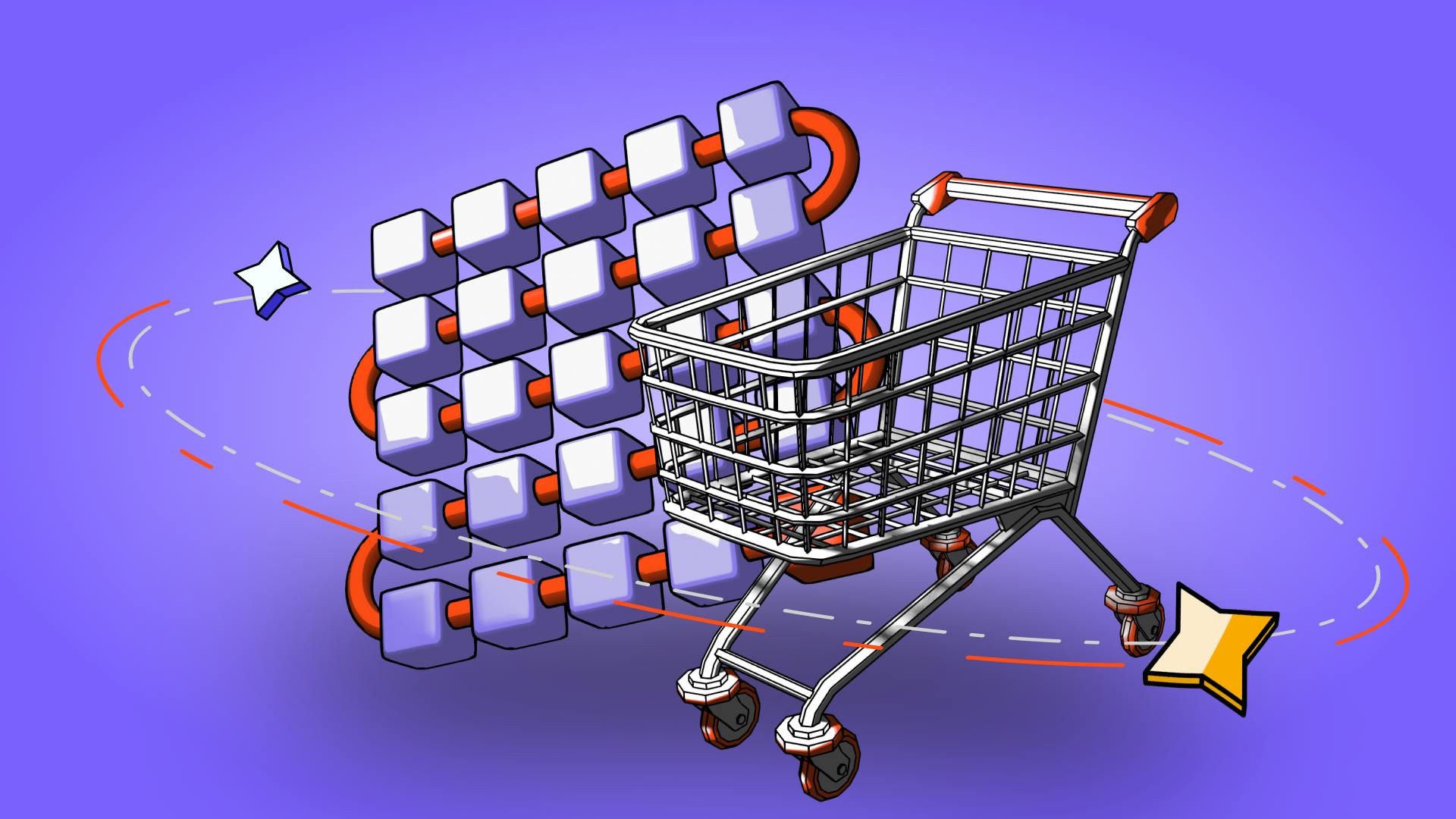
by Coinmetro Editorial Team
May 19, 2025
E-commerce sales are set to top $7 trillion by 2026, driven by strong growth. However, centralized platforms face various issues: data breaches, high fees, and monopolistic actions that limit competition. These problems can increase costs and block new ideas.
Decentralized marketplaces, powered by blockchain, offer a bold solution. They improve security, protect privacy, and use smart contracts to automate transactions. Cryptocurrency payments allow global access, and user-driven governance ensures fairness.
These platforms challenge giants like Amazon, eBay, and Alibaba. They sell diverse products — electronics, clothing, digital assets — while prioritizing user control. Lower fees create a fair shopping experience for everybody. Decentralized marketplaces reshape e-commerce with trust and efficiency. They empower users, reduce middlemen, and spark innovation. Blockchain growth is set to define the future of online trade.
This blog will explore the ways decentralized marketplaces are revolutionizing e-commerce, highlighting:
- What are decentralized marketplaces?
- Benefits
- Key features
- Popular decentralized marketplaces
- Challenges and considerations
- Future outlook
Understand Web 3.0: A Deep Dive into the Decentralized Internet
Decentralized marketplaces are online platforms built on blockchain technology. They enable transactions without a central authority. Unlike traditional e-commerce sites, they use a distributed network for direct peer-to-peer (P2P) exchanges. This design improves transparency and security.
Decentralized marketplaces rely on smart contracts to automate and enforce transaction terms. These contracts are self-executing programs with terms written in code. They cut out middlemen, allowing direct P2P transactions. This reduces costs and boosts efficiency. Removing central control also improves user privacy and data security.
Decentralized marketplaces use blockchain for stronger security. Transactions are encrypted and stored on a distributed ledger. This makes them tamper-proof and hard to hack. The ledger’s transparency also ensures each transaction is verifiable, reducing fraud risks.
These platforms give users control over their data. Unlike centralized systems that collect and sell user data, these platforms let users manage their own information. This protects privacy and cuts the risk of misuse.
Decentralized marketplaces cut costs by removing intermediaries. Traditional platforms often rely on middlemen who take a cut of each transaction. Decentralized systems support direct peer-to-peer exchanges, reducing fees and boosting profits for buyers and sellers.
Blockchain-based marketplaces open access to global markets. Without centralized control, users can connect directly, crossing borders without the usual fees and restrictions. This approach supports a wide range of products and services, benefiting businesses and consumers.
Discover the Future of Decentralized Bandwidth and Storage Solutions
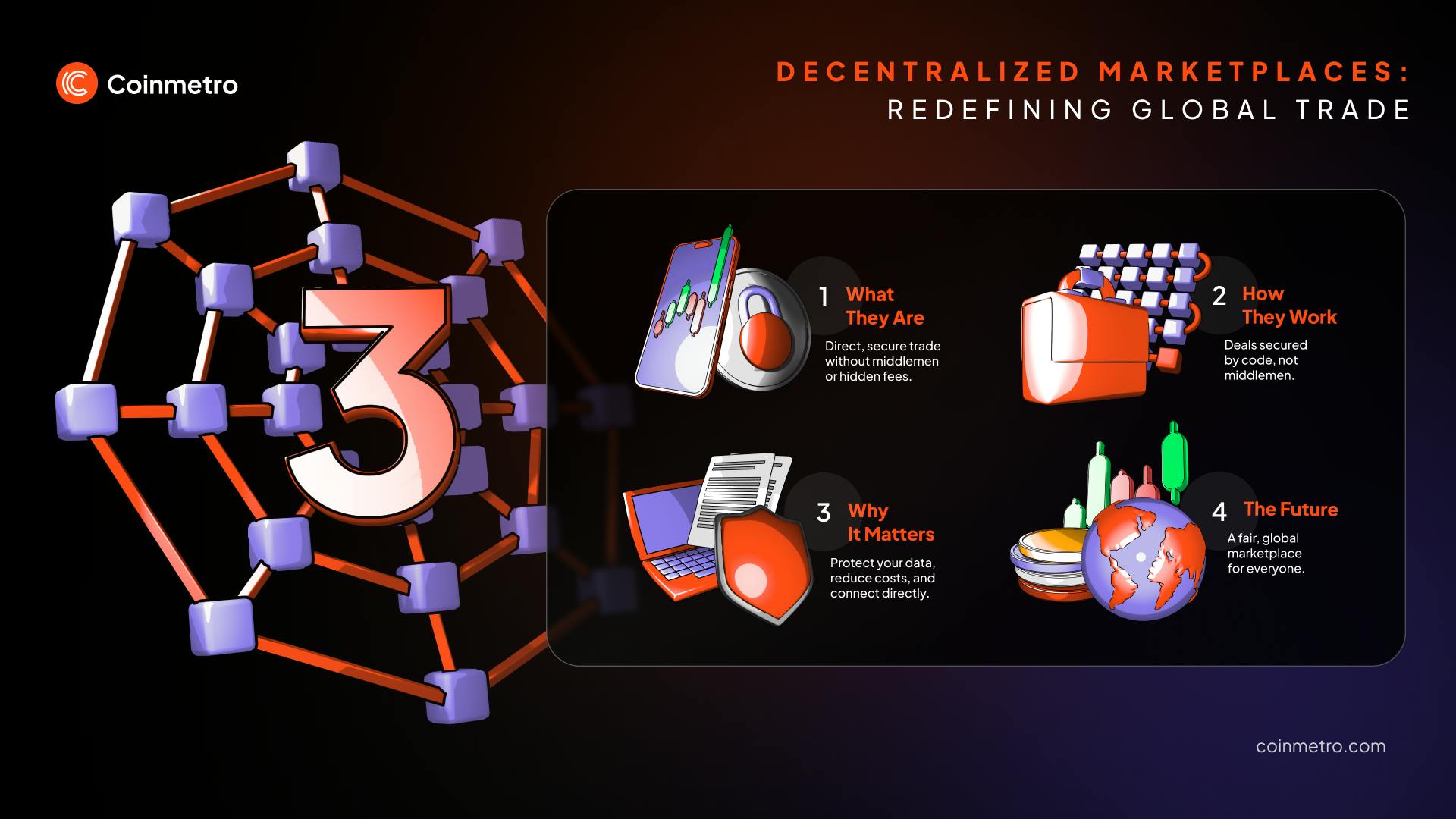
Smart contracts automate transactions, creating trustless exchanges between buyers and sellers. These self-executing contracts enforce terms without middlemen. When set conditions are met, the contract runs automatically, reducing fraud and boosting efficiency. For example, in a sale, the smart contract releases payment when the buyer confirms delivery.
As mentioned, decentralized marketplaces use cryptocurrencies for payments. This approach cuts out traditional banks, reducing fees and processing times. It also supports global trade, removing currency conversion issues. Anyone with an internet connection can use this universal payment method.
Decentralized platforms use community-driven governance. Unlike centralized systems, where companies control decisions, these platforms rely on user votes. Users can propose and vote on changes, ensuring the platform evolves based on the community’s needs. This approach builds trust and gives users a real voice in the platform’s growth.
These decentralized marketplaces illustrate the transformative potential of blockchain technology in e-commerce, providing enhanced security, privacy, and efficiency compared to traditional platforms:
OpenBazaar is a peer-to-peer marketplace for buying and selling goods with cryptocurrencies like Bitcoin. It works without intermediaries, reducing fees and enhancing privacy. This design supports global trade without centralized control. It makes online commerce more open to anyone with internet access and a cryptocurrency wallet.
Origin Protocol builds decentralized marketplaces on the Ethereum blockchain. It lets users create and run their own marketplaces with lower fees and more control. Key features include smart contracts for trustless transactions and earning Origin Tokens (OGN) for participation and referrals. It aims to decentralize the sharing economy, supporting peer-to-peer trade in areas like e-commerce, rentals, and services.
Particl is a privacy-focused marketplace built on its own blockchain. It supports secure, anonymous transactions with features like Confidential Transactions and RingCT. Users can buy and sell a wide range of goods, including electronics and collectibles, without exposing personal data. It uses a decentralized governance model, letting users vote on platform updates and changes, ensuring the marketplace evolves based on community input.
Discover How Web3 For E-Commerce is Resetting The Status Quo
Decentralized marketplaces need technical knowledge, which can limit adoption. Users must understand cryptocurrency wallets, smart contracts, and blockchain technology. This learning curve can deter less tech-savvy users. The current user base is also small, making it harder to reach the critical mass needed for mainstream growth.
Navigating global regulations is a major challenge for decentralized marketplaces. Each country has its own rules for digital transactions, data privacy, and consumer protection. Compliance can be complex and costly. The decentralized nature of these platforms often puts them in a legal gray area, as most laws are designed for centralized businesses. This legal uncertainty can slow growth and limit acceptance.
Scalability is a critical challenge for decentralized marketplaces. Blockchain networks can struggle with transaction speeds and capacity. As the number of users and transactions grows, networks can become congested. This leads to slower speeds and higher fees. Solutions like layer 2 scaling and sharding are in development but are not yet widely used. Effective scaling is essential for long-term success.
Get to Know: Top Decentralized Marketplaces That Use Blockchain Technology
Blockchain technology is evolving. New ideas like sharding, layer 2 scaling, and smart contract upgrades aim to improve decentralized marketplaces. These changes boost speed, cut costs, and increase scalability. Adding AI and machine learning could also make these platforms smarter and faster.
Interest in decentralized marketplaces is rising. Venture capitalists and tech firms are investing in this space. This trend reflects a broader push for privacy, security, and data control. It drives the growth of user-friendly platforms, making decentralized commerce more accessible.
Decentralized marketplaces could reshape global e-commerce. They reduce the power of major platforms, creating a fairer economy. These marketplaces can cut costs, boost privacy, and spread value more evenly. Over time, they may become mainstream, supporting a more inclusive global economy.
▶️ Watch: Decentralized Blockchain-Based Electronic Marketplaces
Join the Coinmetro community on Discord and Telegram, where forward-thinking traders and investors gather to share insights, explore new opportunities, and dive deep into cryptocurrencies. Should you need any help, please contact our world-class Customer Support Team via 24/7 live chat or email at hello@coinmetro.com.
To become a Coinmetro user today, Sign Up now, or head to our new Exchange if you are already registered to experience our premium trading platform.
Tags
Related Articles
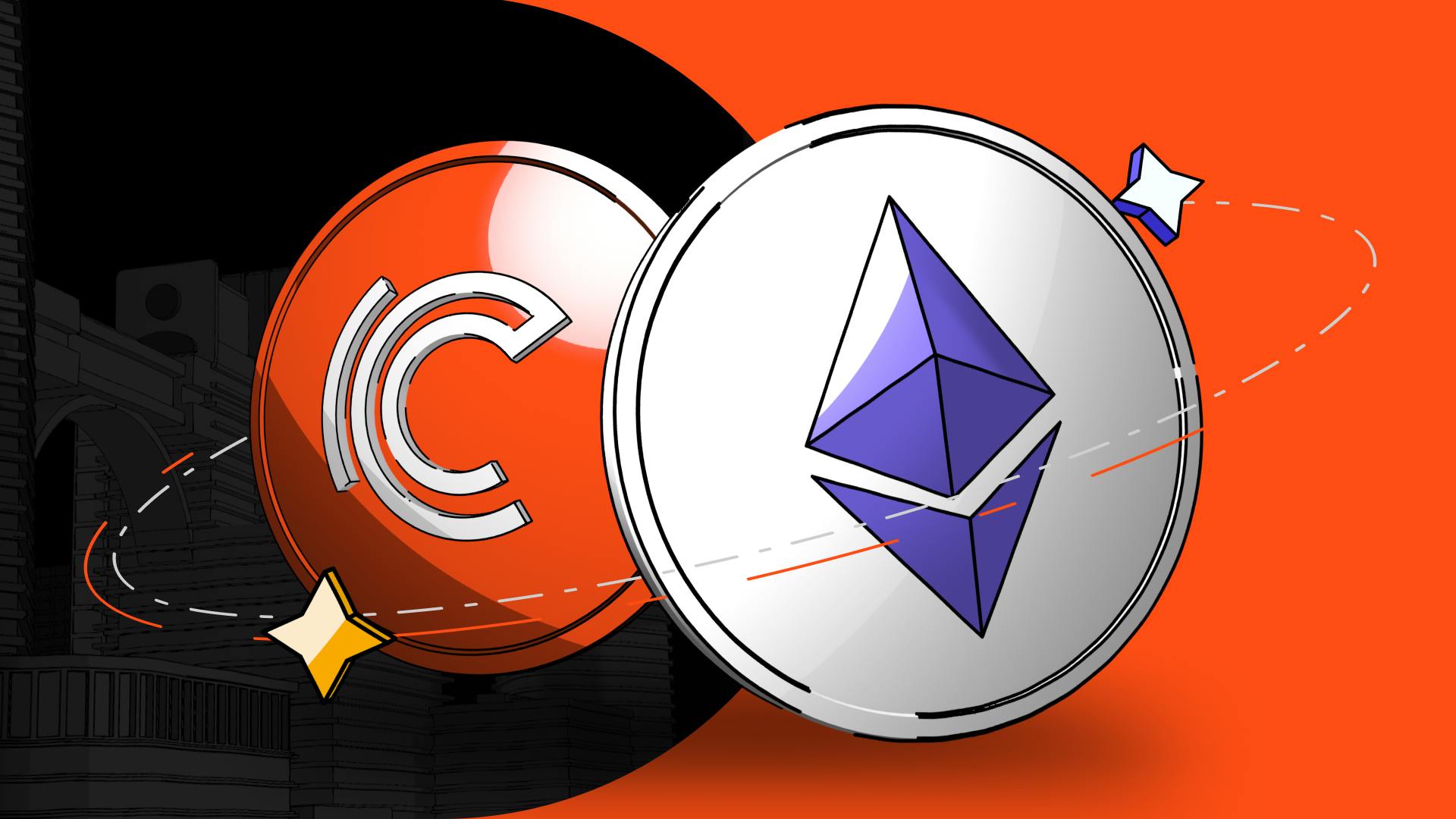
How to Buy Ethereum (ETH) on Coinmetro - Step by Step
Want to buy Ethereum instantly without the complexity? Coinmetro makes it fast, simple, and secure. This guide shows you the simple steps to buy…
2m

How to Stake Ethereum (ETH) on Coinmetro Fast, Easy, and Securely
Looking to earn passive income on your Ethereum? With Coinmetro, staking ETH is seamless, secure, and beginner-friendly. In this quick guide, you’ll…
2m
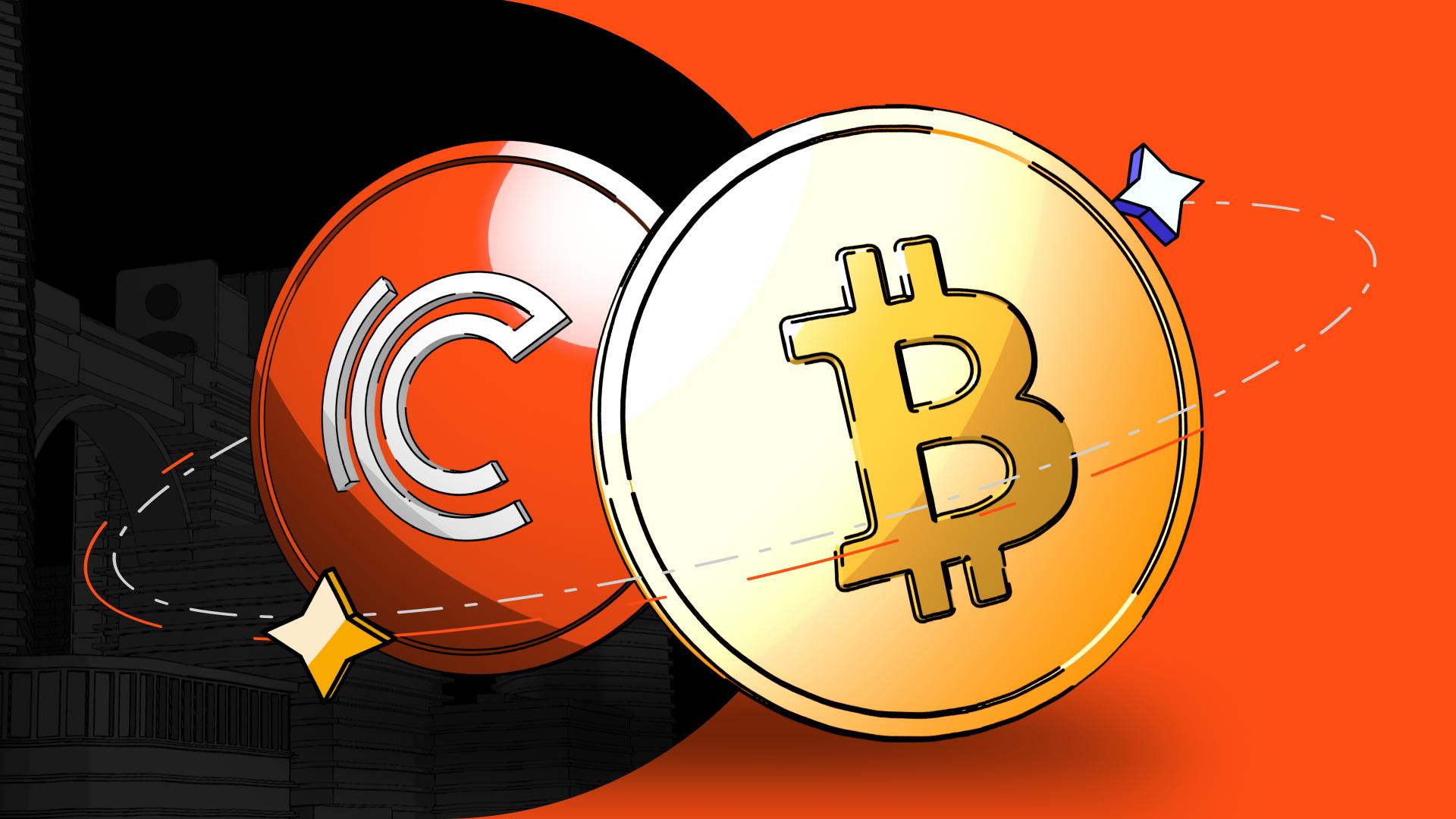
How to Buy Bitcoin (BTC) Instantly on Coinmetro
Want to buy Bitcoin instantly without the complexity? Coinmetro makes it fast, simple, and secure. This guide shows you the simple steps to buy…
2m
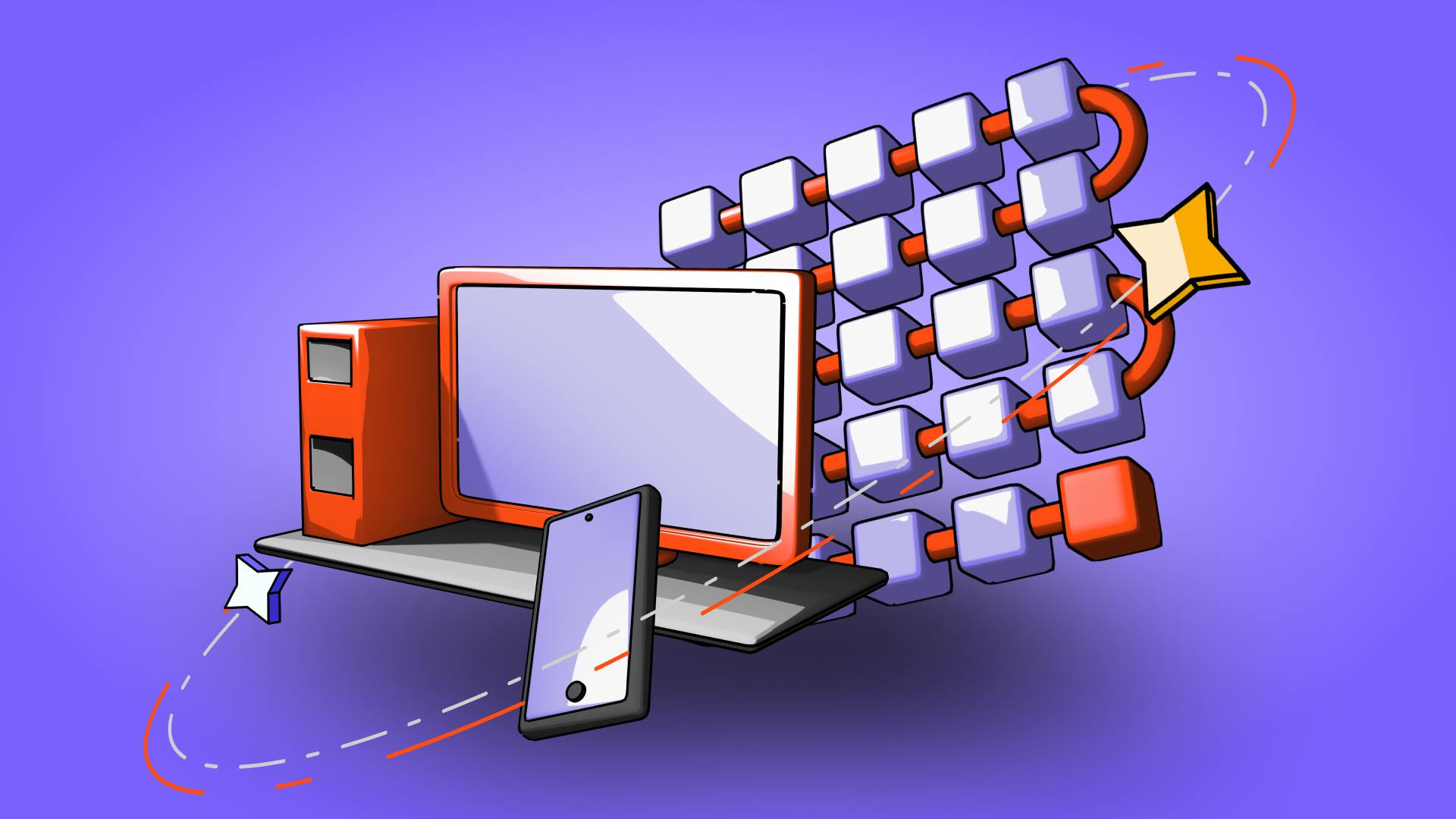
Blockchain for IoT (Internet of Things): Enhancing Device Connectivity
The Internet of Things (IoT) hit 17.08 billion devices in 2024. Experts predict this will grow to 29 billion by 2030. IoT now connects consumer…
8m